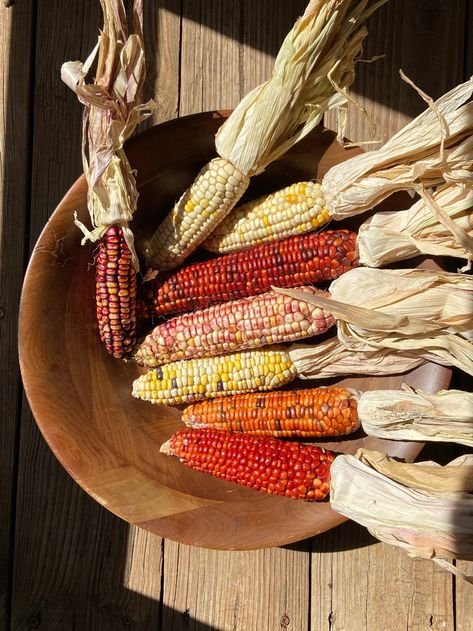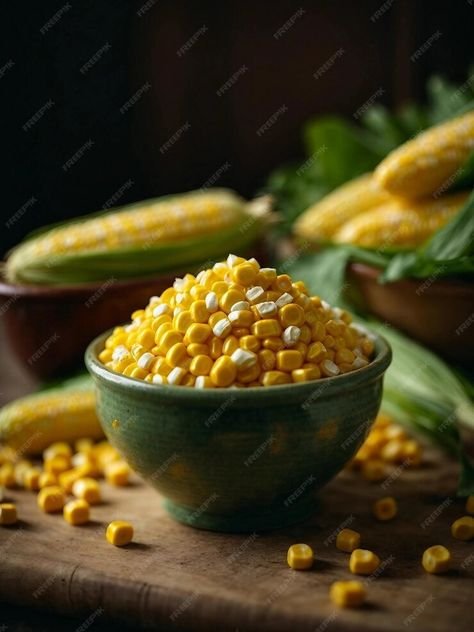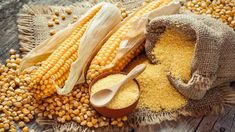Introduction
People widely consume maize kernels, commonly known as corn kernels, making them one of the most consumed grains worldwide. They serve as a staple food in many countries and people use them for various purposes, including human consumption, animal feed, and industrial products. This article offers in-depth information about their types, nutritional benefits, processing methods, and various uses.

What Are Maize Kernels?
These are the small, yellow, or white grains found on the cob of a maize plant (Zea mays). They pack essential nutrients like carbohydrates, fiber, vitamins, and minerals. It plays a significant role in food security and agricultural industries.
Types of Maize Kernels
Maize come in different varieties, each serving a specific purpose:
- Sweet Corn Kernels – These are soft and sweet, often eaten fresh or canned.
- Popcorn Kernels – Known for their ability to pop when heated, they are used for making popcorn.
- Flint Corn Kernels – Harder than other types, mainly used for making cornmeal.
- Dent Corn Kernels – These are commonly used for animal feed and processed food.
- Waxy Corn Kernels – High in starch, used in food and industrial applications.
- Flour Corn Kernels – Mainly used for making corn flour.
- Baby Corn Kernels – Harvested at an early stage and used in salads and stir-fries.
Nutritional Benefits of Maize Kernels
Maize is not only delicious but also packed with health benefits:
1. Rich in Carbohydrates
Maize is an excellent source of carbohydrates, providing energy for daily activities.
2. High in Fiber
The fiber content in maize promotes digestive health and prevents constipation.
3. Packed with Vitamins and Minerals
Maize contains essential vitamins like Vitamin A, Vitamin B-complex, and minerals such as magnesium, phosphorus, and iron.
4. Good for Heart Health
The antioxidants in maize kernels help reduce bad cholesterol levels, promoting heart health.
5. Supports Eye Health
The presence of lutein and zeaxanthin in maize helps protect eyesight.
Uses of Maize Kernels
They are used in a variety of ways across different industries:
1. Human Consumption
- Used in making cornmeal, tortillas, and breakfast cereals.
- Consumed as boiled or roasted sweet corn.
- Used in soups, salads, and snacks.
2. Animal Feed
- Dent kernels are widely used for feeding livestock and poultry.
3. Industrial Uses
- Used in the production of ethanol, a biofuel.
- Employed in making corn syrup, a sweetener for processed foods.
- Used in making biodegradable plastics.
4. Medicinal Uses
- Corn silk from maize seeds are used in herbal medicines.
- The antioxidants in maize seeds support overall well-being.
Processing of Maize Kernels
1. Harvesting
Farmers harvest it when the kernels reach maturity and reduce the moisture content to make it suitable for storage.
2. Drying
To prevent spoilage and ensure long-term storage, people dry the kernels.
3. Milling
People grind the dried kernels into flour or meal for various food products.
4. Packaging and Distribution
Workers package and distribute the processed maize kernels for sale.
How to Store Maize Kernels
Proper storage of maize kernels ensures their quality and longevity:
- Store in a cool, dry place to prevent mold growth.
- Use airtight containers to protect against pests.
- Keep away from direct sunlight to preserve nutritional value.
Conclusion
They are a versatile and nutritious grain that plays a significant role in food, agriculture, and industry. Whether consumed as food, used in animal feed, or processed into industrial products, maize seeds continue to be a valuable resource worldwide. Their nutritional benefits make them an essential part of a balanced diet. Understanding the different types, uses, and processing methods of maize kernels can help you make informed choices when consuming or using them.
FAQs
1. What are maize kernels used for?
People use them for human consumption, animal feed, and industrial applications such as biofuel production and food processing.
2. Are maize kernels good for health?
Yes, It is rich in fiber, vitamins, and minerals that promote digestion, heart health, and eye protection.
3. Can I eat maize kernels raw?
You can eat sweet corn kernels raw, while you need to cook or process other types, such as dent and flint corn.
4. How do I store maize kernels?
Store them in a cool, dry place in an airtight container to prevent spoilage.
5. What is the difference between maize and corn?
In agriculture, people use the term “maize,” while they commonly use “corn” for food products.
6. Can maize seeds be used for making flour?
Yes, kernels are ground into corn flour or cornmeal for baking and cooking.
7. Are maize kernels gluten-free?
Yes, maize is naturally gluten-free and safe for people with gluten intolerance.
Explore More: Futurefinancevision



